Four PhD students, whom I had the pleasure of supervising, graduated yesterday with a Ph.D. I never had so many Ph.D. students graduating at the same time. Not all of these four students started at the same time. Moreover, two I was invited as a supervisor after the student had started, and for most I was not the lead/first supervisor . 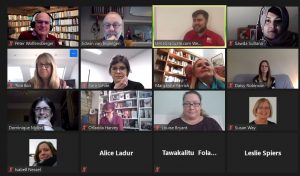 All four students have an internationally focused thesis:
All four students have an internationally focused thesis:
Alice Ladur with her Ph.D. focusing on: Male involvement in facilitating the uptake of maternal health services by women in Uganda.
Peter Wolfensberger with his Ph.D.: Creating meaning- Understanding the experiences of people living with mental illness in Switzerland- A Qualitative Study.
Shaqaieq AShrafi Dost with her thesis: Factors that affect the management capacity, leadership and employee performance in the Ministry of Public Health (MoPH), Afghanistan: A single embedded single-case study.
Orlanda Harvey with her Ph.D. study under the title: Male anabolic androgenic steroid-users: A mixed-methods study -The voice of the AAS-user.
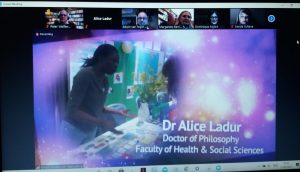
Orlanda is a good ambassador for Bournemouth University’s PhD Integrated Thesis. The newly introduced Integrated Thesis allows Ph.D. candidates to incorporate papers in their thesis (e.g. instead of a chapter). Papers can be included that have been published or submitted for publication to an academic peer-reviewed journal. As the first BU student to submit an Integrated Thesis Orlanda paved the way with BU library staff to sort out the finer details around, for example, copyright issues and thesis formatting (https://blogs.bournemouth.ac.uk/research/2020/08/27/supporting-integrated-theses-at-bu/ ).
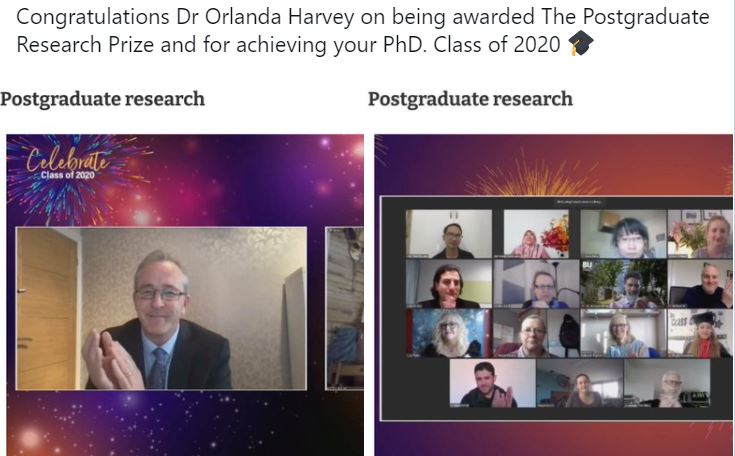 In this COVID-19 year the graduation was on ZOOM, something I didn’t think would work as well as it did. I love the British-style graduation with the big audience, the ceremony, the gowns, the band, etc. In previous years I had always looked forward to ceremony in the BIC, the Bournemouth International Centre. This year because it was on ZOOM the event was smaller, shorter and more personal. This offered the opportunity to talk to students and colleagues which is otherwise nearly impossible in the hustle and bustle of thousands of people in the BIC.
In this COVID-19 year the graduation was on ZOOM, something I didn’t think would work as well as it did. I love the British-style graduation with the big audience, the ceremony, the gowns, the band, etc. In previous years I had always looked forward to ceremony in the BIC, the Bournemouth International Centre. This year because it was on ZOOM the event was smaller, shorter and more personal. This offered the opportunity to talk to students and colleagues which is otherwise nearly impossible in the hustle and bustle of thousands of people in the BIC.
Being a graduation it is also the end of an era for the student and the supervisor, and the beginning of a new one.
Prof. Edwin van Teijlingen
CMMPH (Centre for Midwifery, Maternal & Perinatal Health)
 Today the editor of the European Journal of Midwifery emailed to announce the acceptance of the paper ‘Slovenian midwifery professionalisation: Perception of midwives and related health professions’ [1]. The first author from Slovenia, Dr. Polona Mivšek, has a long working relationship with BU’s Prof. Vanora Hundley (Professor of Midwifery) in the Centre for Midwifery, Maternal & Perinatal Health (CMMPH). The paper is the result of an international collaboration between the University of Ljubljana and Bournemouth University as well as an interdisciplinary collaboration between midwifery and sociology.
Today the editor of the European Journal of Midwifery emailed to announce the acceptance of the paper ‘Slovenian midwifery professionalisation: Perception of midwives and related health professions’ [1]. The first author from Slovenia, Dr. Polona Mivšek, has a long working relationship with BU’s Prof. Vanora Hundley (Professor of Midwifery) in the Centre for Midwifery, Maternal & Perinatal Health (CMMPH). The paper is the result of an international collaboration between the University of Ljubljana and Bournemouth University as well as an interdisciplinary collaboration between midwifery and sociology. 
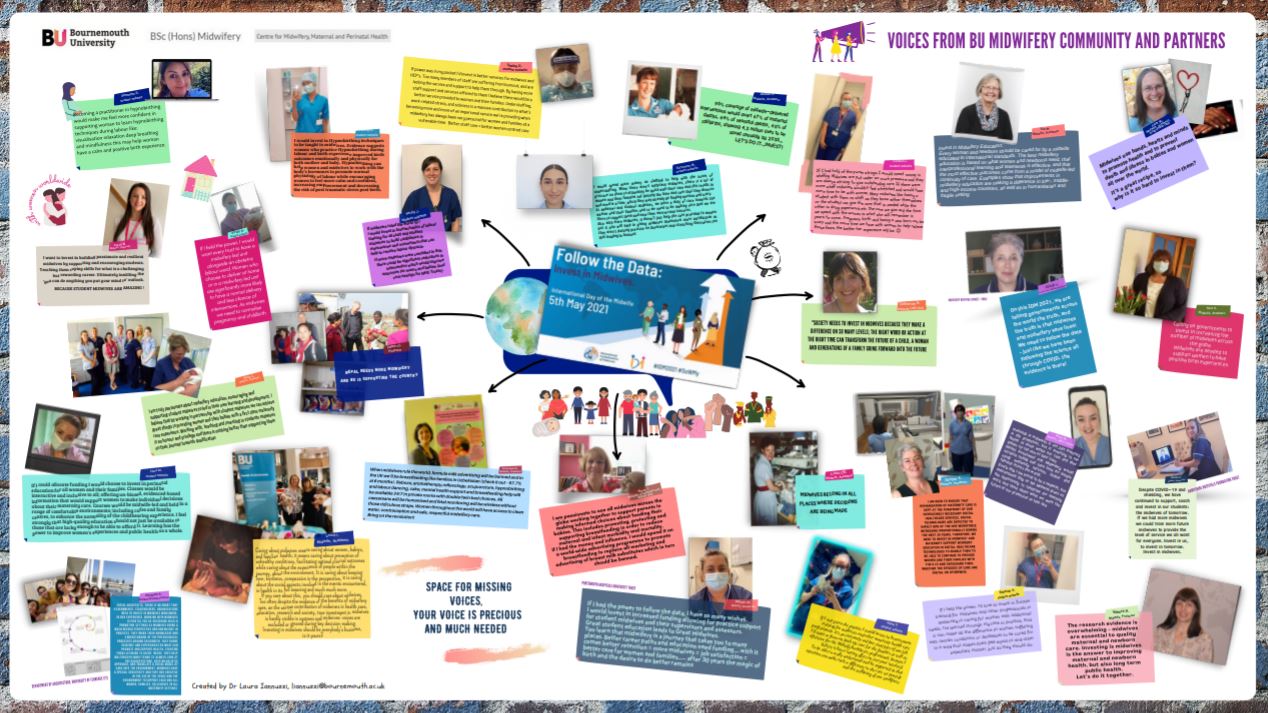
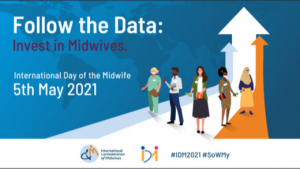
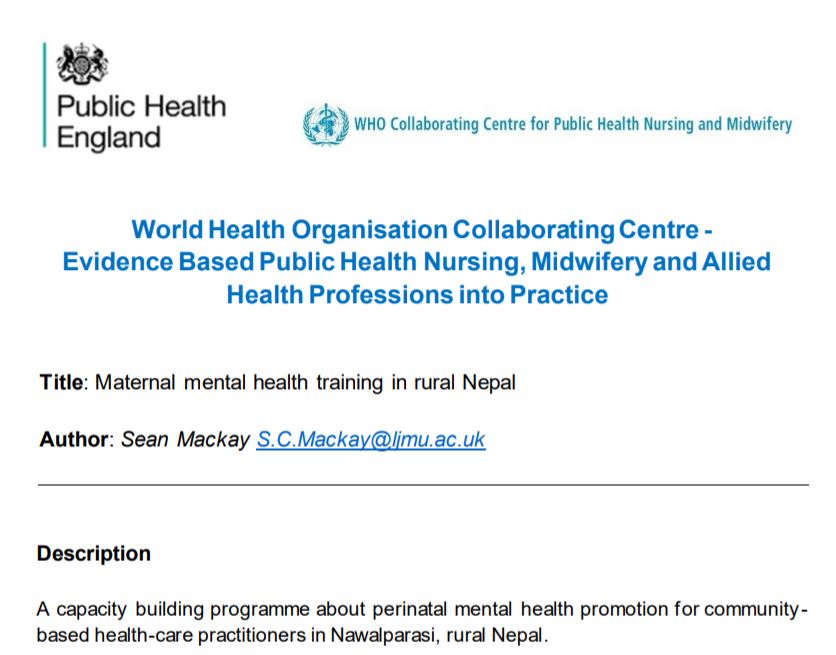
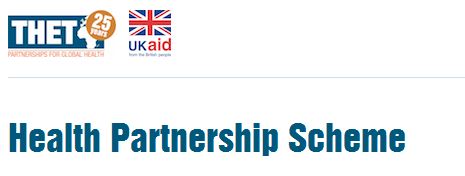
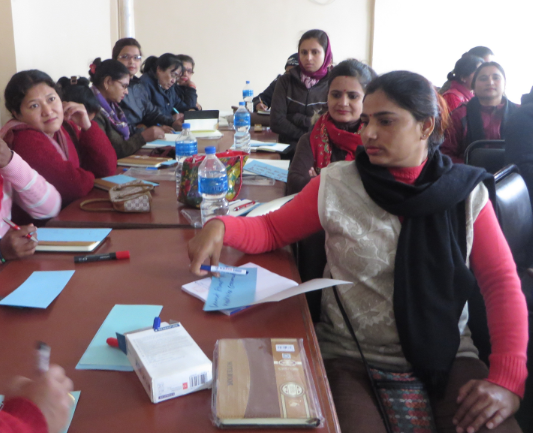

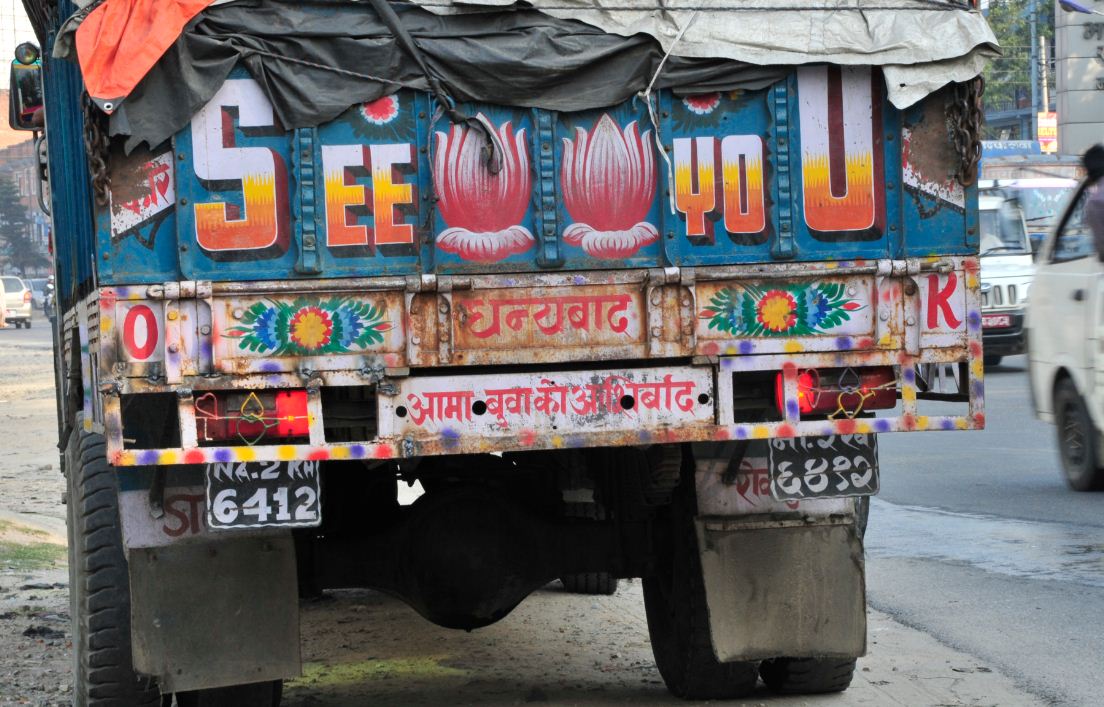
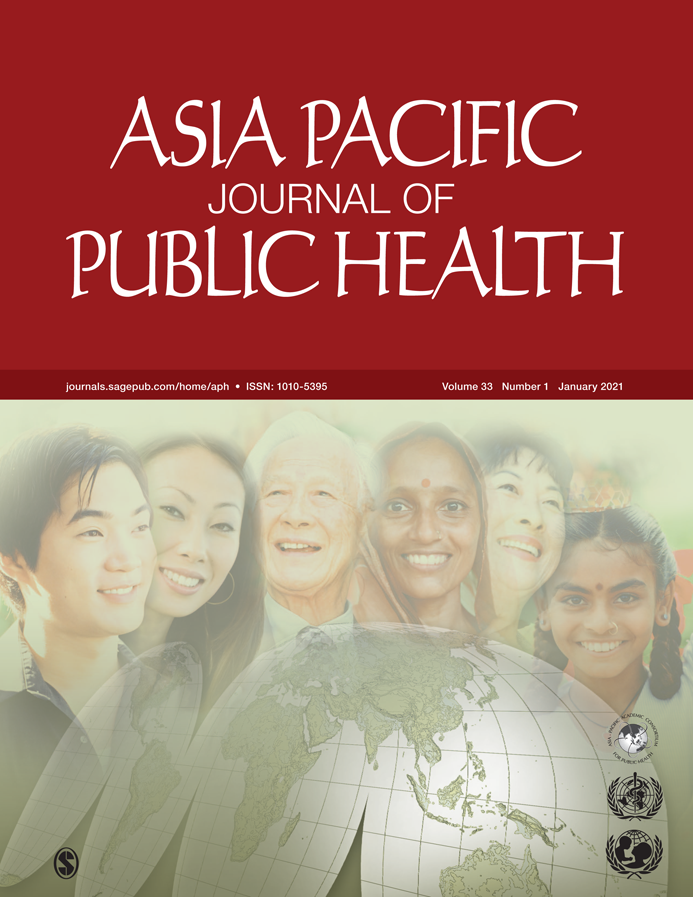
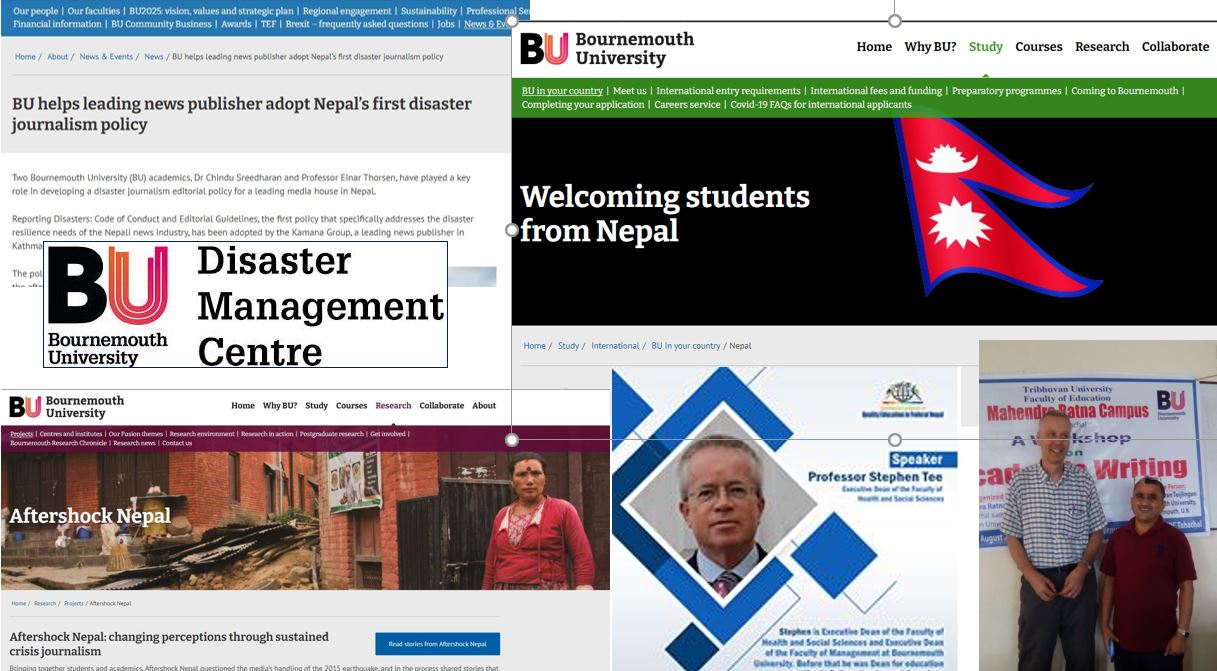

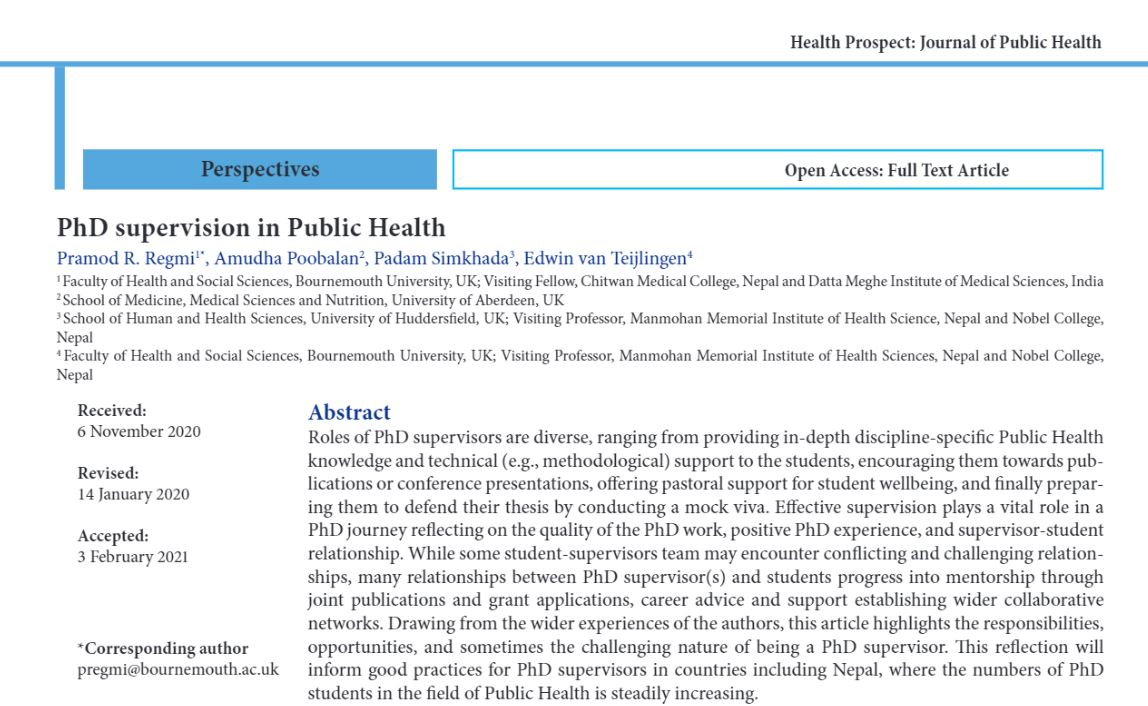

 Exciting online training events for researchers on Wednesday.
Exciting online training events for researchers on Wednesday.
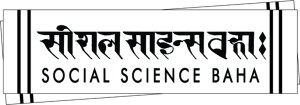

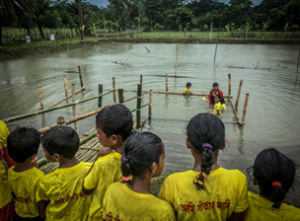






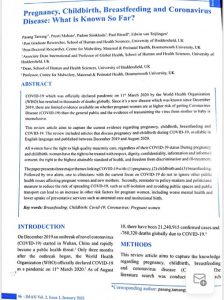
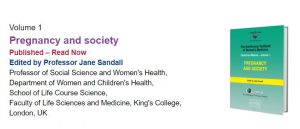
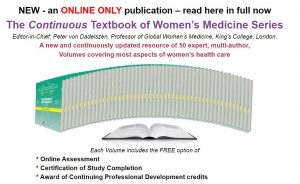
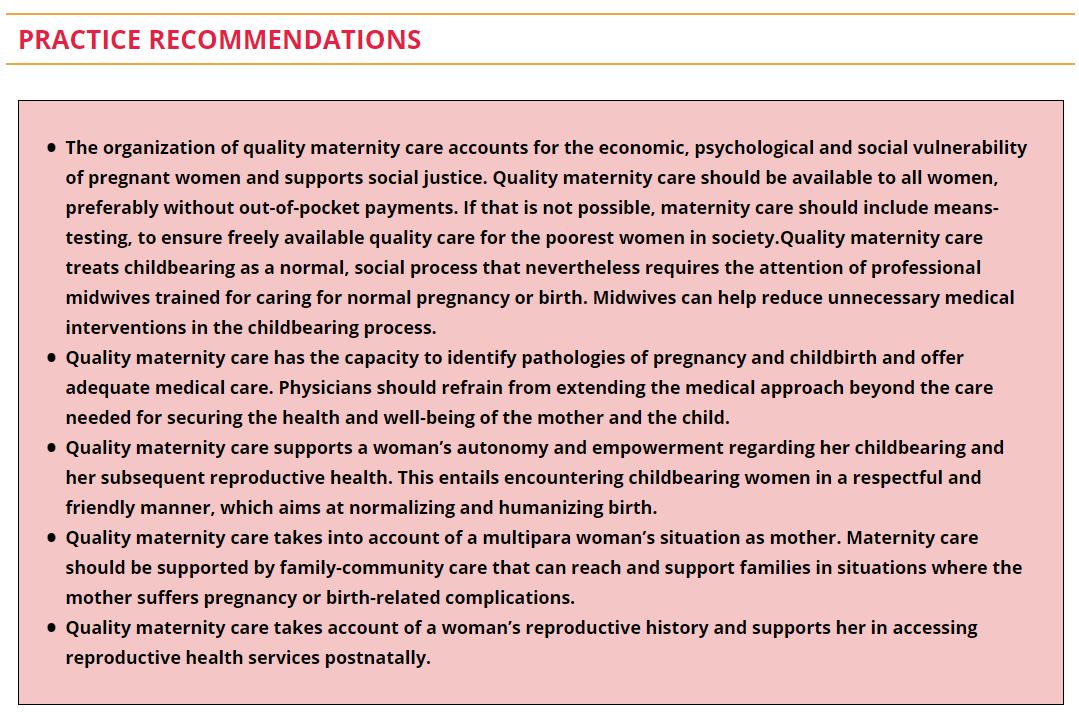
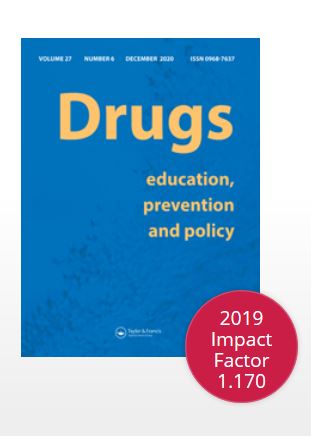
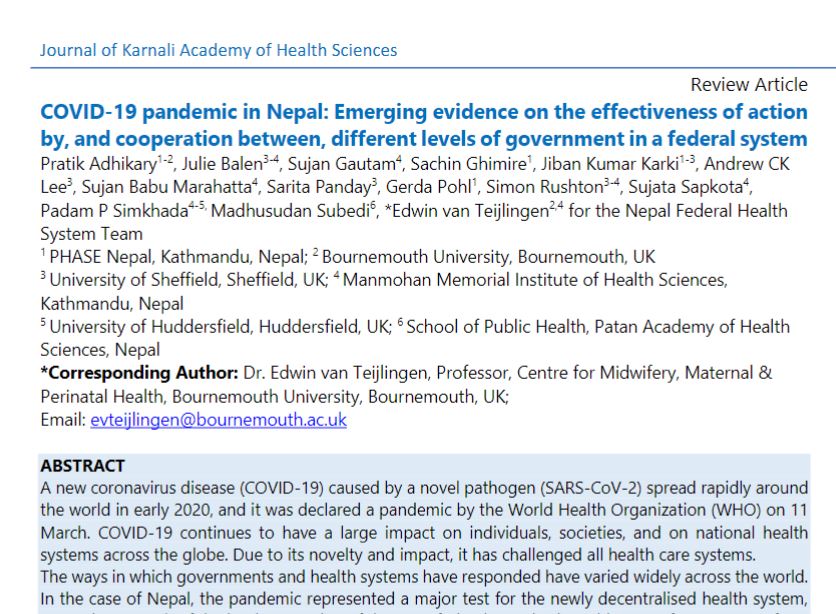
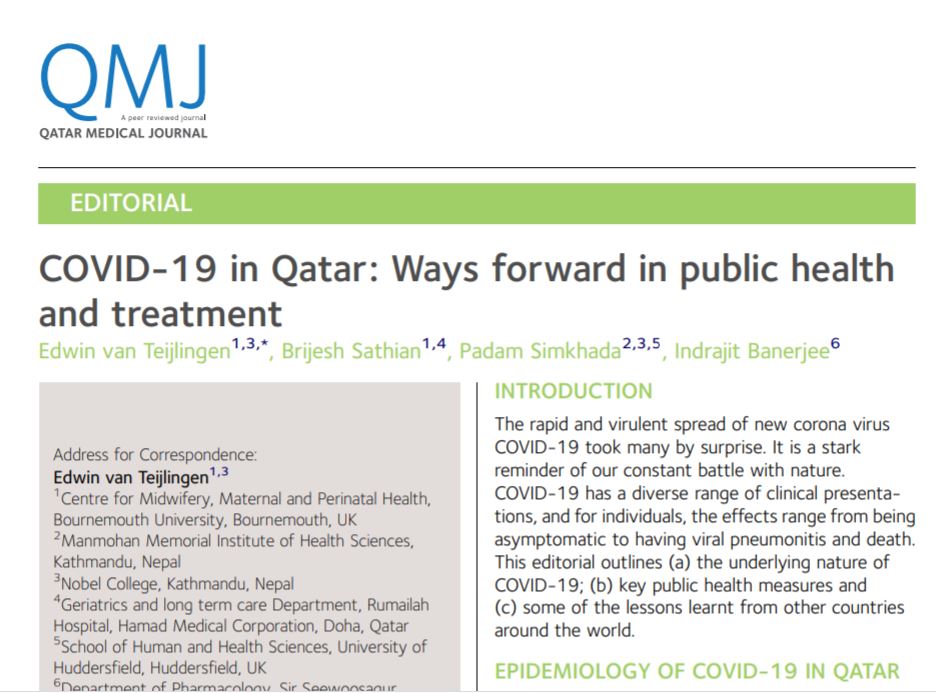
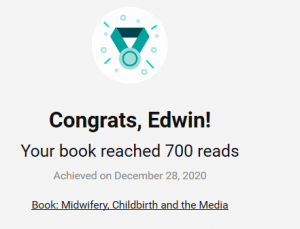

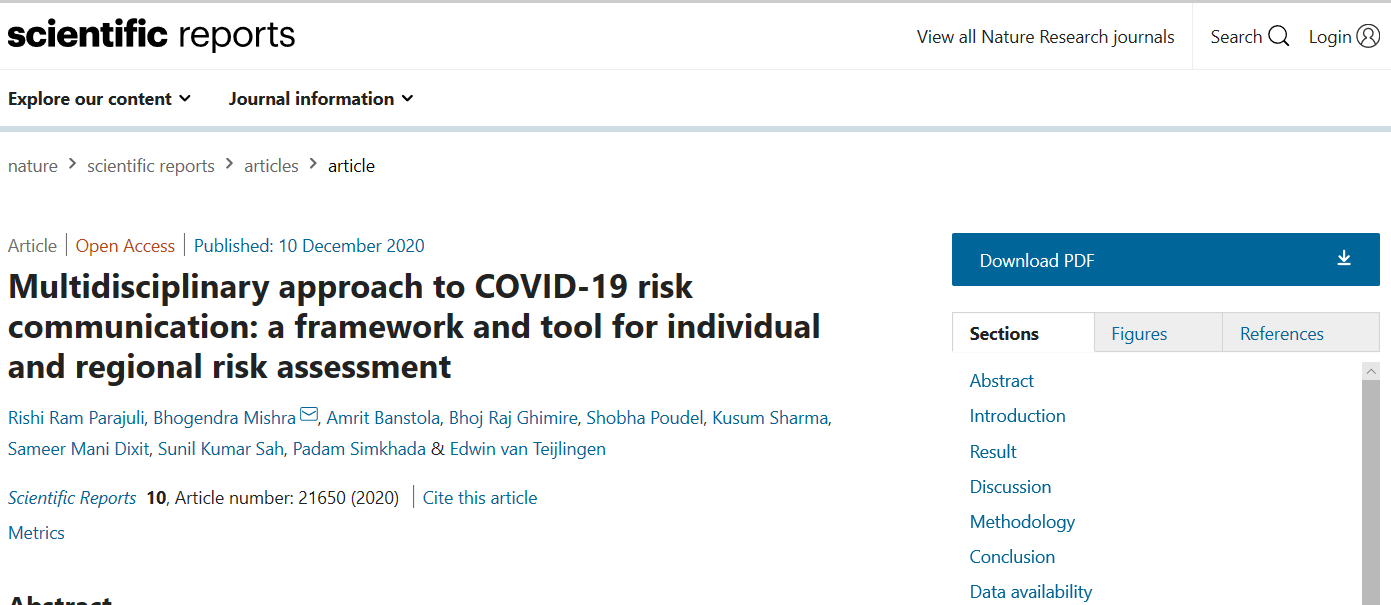
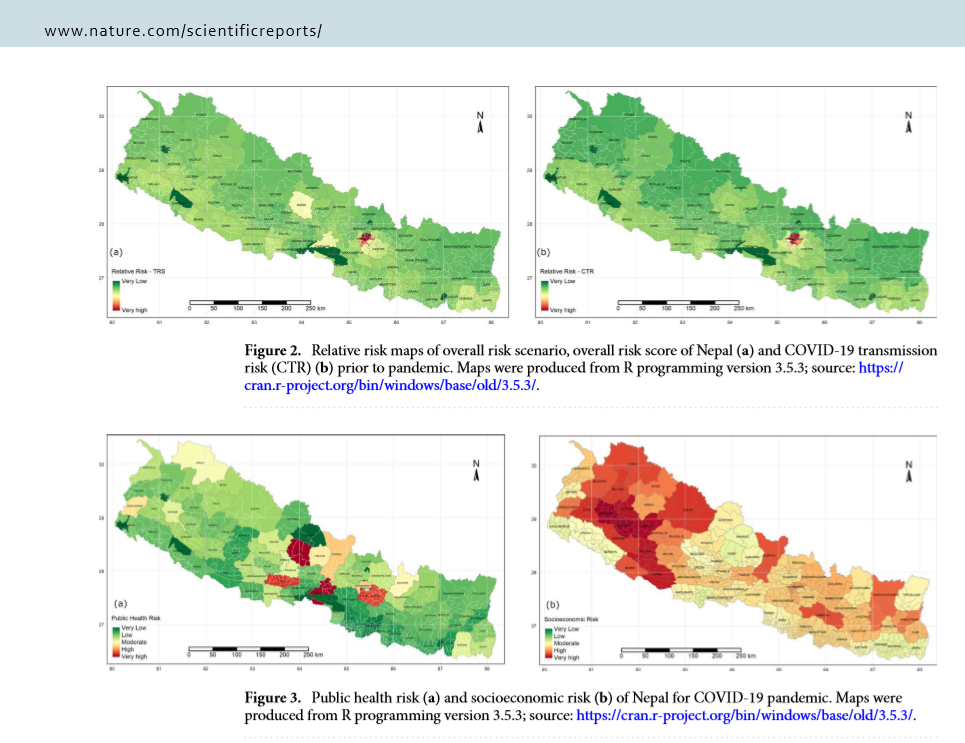











 SPROUT: From Sustainable Research to Sustainable Research Lives
SPROUT: From Sustainable Research to Sustainable Research Lives BRIAN upgrade and new look
BRIAN upgrade and new look Seeing the fruits of your labour in Bangladesh
Seeing the fruits of your labour in Bangladesh Exploring Embodied Research: Body Map Storytelling Workshop & Research Seminar
Exploring Embodied Research: Body Map Storytelling Workshop & Research Seminar Marking a Milestone: The Swash Channel Wreck Book Launch
Marking a Milestone: The Swash Channel Wreck Book Launch ECR Funding Open Call: Research Culture & Community Grant – Application Deadline Friday 12 December
ECR Funding Open Call: Research Culture & Community Grant – Application Deadline Friday 12 December MSCA Postdoctoral Fellowships 2025 Call
MSCA Postdoctoral Fellowships 2025 Call ERC Advanced Grant 2025 Webinar
ERC Advanced Grant 2025 Webinar Update on UKRO services
Update on UKRO services European research project exploring use of ‘virtual twins’ to better manage metabolic associated fatty liver disease
European research project exploring use of ‘virtual twins’ to better manage metabolic associated fatty liver disease